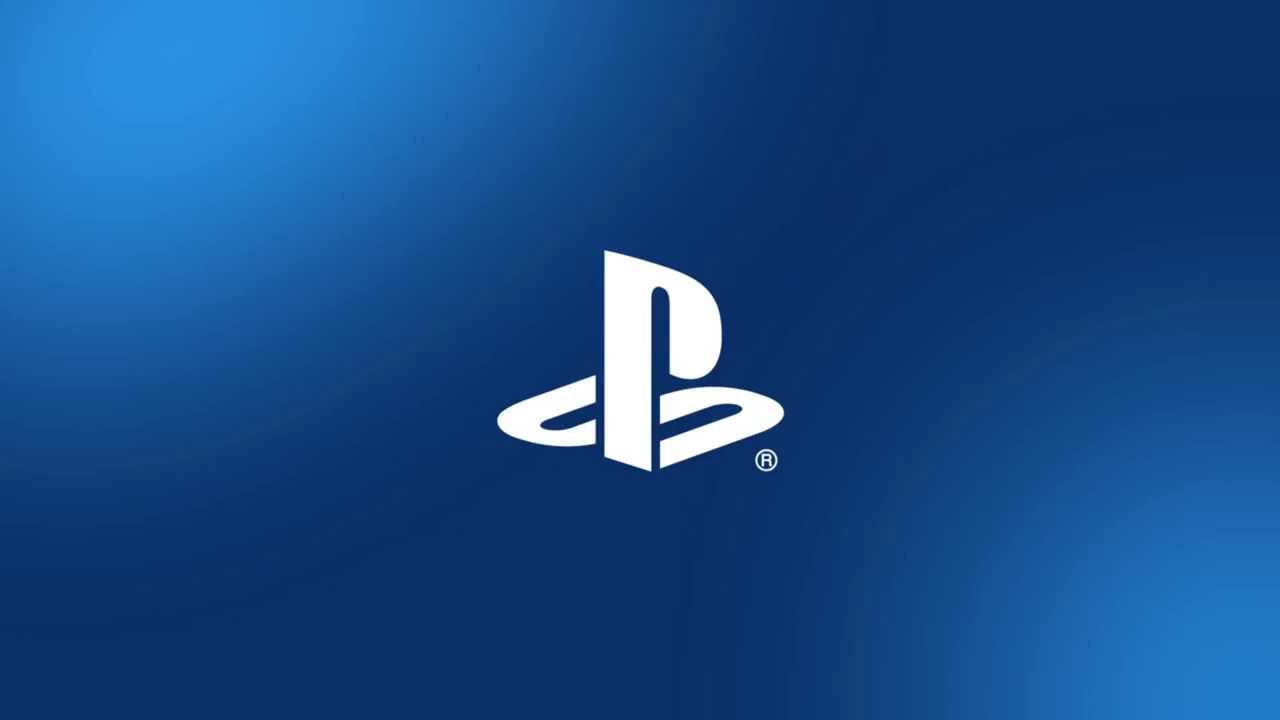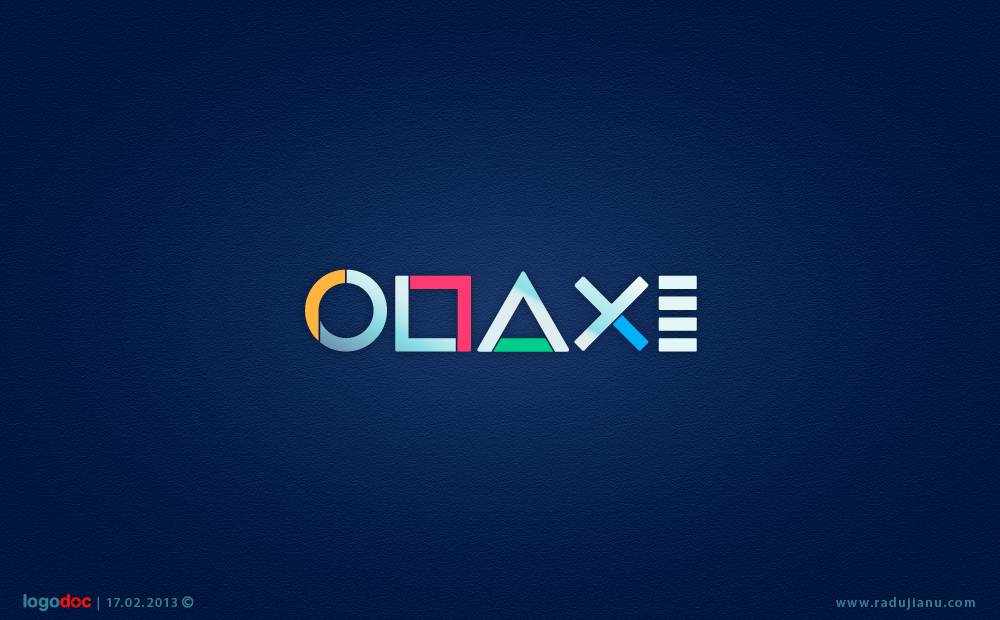
The PS4 may be doing great, but the PS5 is on the horizon. As Sony knows, perhaps better than anyone, a new generation can often mark a total and complete reset. Sure, Sony may have dominated this generation (though by the end, the Switch was giving them a good run for their money), but the next generation could see the tables turned on them. The important thing for the company is to stabilize its console audience, and ensure it transitions all of its PS4 users to the next system. How, though, would it do that?
The most obvious answer to the question is compatibility, and this is something we have seen used to potent effect previously. In the computing world, the reason Windows maintains its absolute hegemony is because of compatibility. Each new OS version runs the same programs the previous one(s) did, which means that there is no chance whatsoever for other OSs to make any inroads. iPhone users stay iPhone users and Android users stay Android users because switching means migrating your entire contacts list, text messages music, movies, media, as well as all the apps you have downloaded, including some you may have paid for and will have to pay for again. It’s just too much hassle. In the gaming industry, Nintendo kept its handheld monopoly because every contender had to compete against the entire might of Nintendo’s handheld library—N-Gage wasn’t competing just against the GBA, it was competing against the GBA, GBC, and GB. PSP wasn’t just competing against the DS, it was competing against the DS and GBA. PS Vita wasn’t just competing against the 3DS, it was competing against 3DS and DS.
More than ever, backward compatibility is important now, even in the home console segment, and that’s because of the rise of digital gaming. Sony, more than any other company, understands the value of digital games and services, given how well their own seem to be doing. This generation, people have invested hundreds of dollars into PS4 games on PSN, whether on day one or in sales. These games are intangible goods. People can’t sell them alongside the PS4 to fund their Xbox Scarlett purchase. They’re a sunk cost.
Alternately, however, allowing users to keep playing these games on the PS5 means they are less likely to switch over to Xbox next generation. If they stick with the PS5, then they get to maintain not just their PSN IDs, their Trophies, and their communities, but also their games library. While the PS5 launches and has the inevitable dry spell following its release, these people can still continue playing Death Stranding or Ghost of Tsushima while they wait for Horizon 2 to release. Backward compatibility, then, is an incentive to stick to PlayStation. You can even trade in your PS4 towards your PS5, and you still get to keep your games, because your PSN account also works on PS5, as do the PS4 games.
Of course, Microsoft will be doing backward compatibility too, so why am I mentioning this only as an advantage for Sony? Well, it’s an advantage for Microsoft too, but inasmuch as we are viewing backward compatibility as a form of ecosystem lock in—that is, of transitioning your current user base to your next system as a captive audience—Sony simply has a bigger audience to work with, and therefore, more to gain from backward compatibility if they do it. 94 million PS4 users can potentially be transitioned to PS5; on the other hand, 41 million Xbox One users can be transitioned to Xbox Scarlett.
The flip side is, if Sony doesn’t implement a form of backward compatibility on the PS5, then they stand to lose more too. Not only does this give Microsoft a competitive advantage, not only does this run counter to how any other modern day electronic device works—your iPhone Xs will still run the apps you bought on your iPhone 7—but it also conveys the impression that Sony is simply not interested in maintaining continuity for your purchases. Now, I’m not saying this will mean doom for the PS5—people will buy it for the next big PlayStation exclusive, because it’s those exclusives that sell PlayStation—but at the very least, it means people are less likely to invest in digital games on PS4. And if there is one thing we have seen this generation, it’s that Sony makes money hand over fist via digital game sales and the like. Just last year, they made more money than Nintendo or Xbox made, period, just from PSN revenues. This is not a line of income Sony wants to lose. This is a line of income important to the company. But Sony needs to inculcate the trust among its audience that their digital purchases will not be ephemeral, that they will continue to carry forward.
The onus, then, is on Sony. We know the company is contemplating implementing backwards compatibility in at least some degree on the PS5, but it is on them to actually do it. If they do, then the good news is, they stand to gain a lot—they stand to stabilize their user base from PS4 to PS5, rather than suffering a generation reset. They get to continue to ensure users keep spending money on digital games and services, ensuring a line of revenue for Sony that is currently unmatched in the gamiunmg industry.
If not, on the other hand, then… well, we know that each generation is a chance at a reset. And Sony will be ceding a very large potential competitive advantage, or at least a leveler, if they choose to ignore the importance of digital continuity and backward compatibility going forward.
Note: The views expressed in this article are those of the author and do not necessarily represent the views of, and should not be attributed to, GamingBolt as an organization.
















